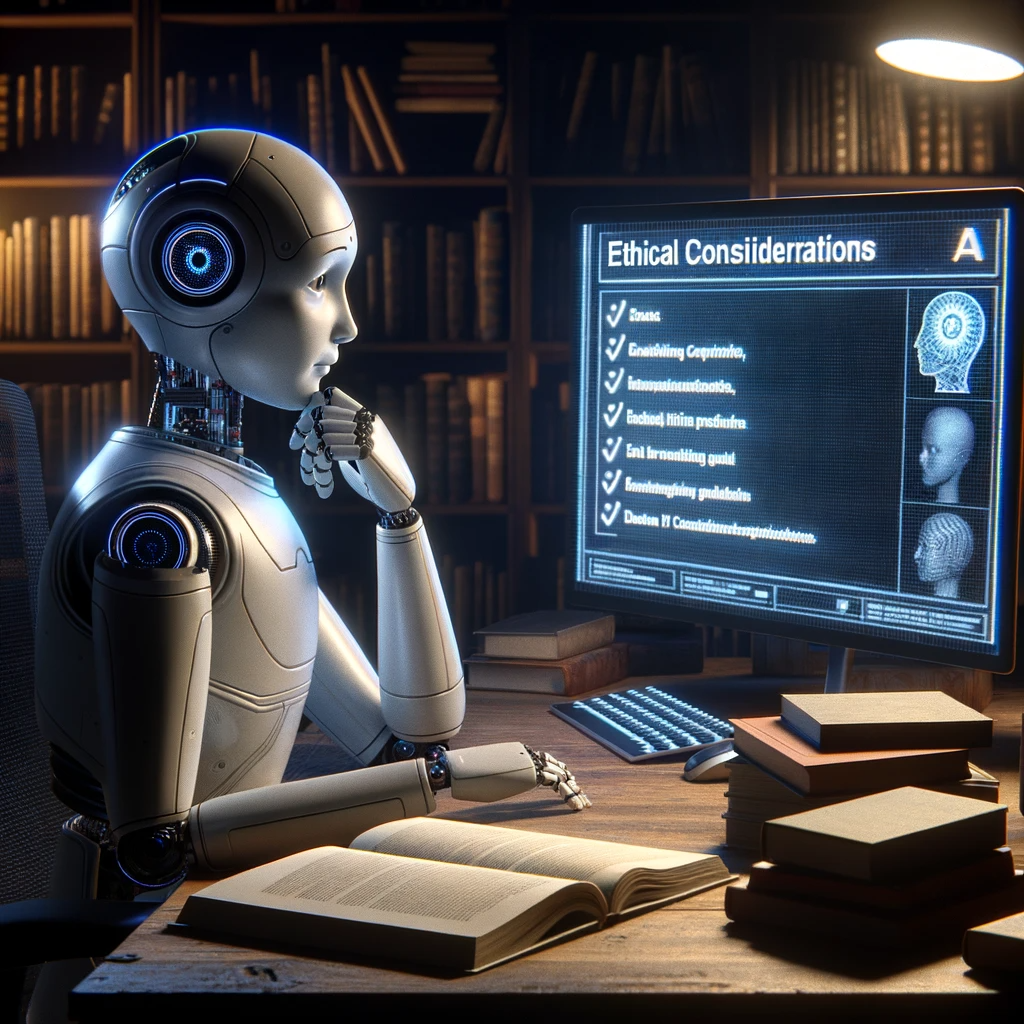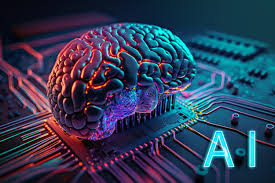Artificial Intelligence (AI) has quickly become one of the most transformative technologies of the 21st century, impacting nearly every industry and reshaping the way we live, work, and interact. From self-driving cars to advanced natural language processing, AI is no longer a futuristic concept; it is a powerful tool driving innovation and efficiency across the globe. In this article, we’ll explore the latest trends in artificial intelligence, how it’s being applied in various sectors, and what the future holds for this exciting technology.
What is Artificial Intelligence?
Artificial Intelligence refers to the simulation of human intelligence in machines that are programmed to think, learn, and make decisions. AI encompasses a wide range of technologies, including machine learning, natural language processing (NLP), computer vision, and robotics. AI systems are designed to analyze data, recognize patterns, and perform tasks that would normally require human intelligence, such as speech recognition, decision-making, and visual perception.
Key AI Trends Shaping the Future
As AI continues to evolve, several key trends are emerging that are driving the development and adoption of this technology:
1. The Growth of Machine Learning and Deep Learning
Machine learning (ML) and deep learning (DL) are two of the most significant branches of AI. Machine learning enables computers to learn from data without being explicitly programmed, while deep learning, a subset of ML, uses artificial neural networks to mimic the way the human brain processes information. These technologies are the driving forces behind applications like image recognition, predictive analytics, and personalized recommendations.
2. Natural Language Processing (NLP) and Conversational AI
NLP allows machines to understand, interpret, and generate human language. It is a critical component in AI applications like virtual assistants (e.g., Siri, Alexa), chatbots, and language translation services. Recent advancements in NLP, such as OpenAI’s GPT models, have dramatically improved the ability of machines to understand context and engage in human-like conversations, opening new doors for customer service automation and content generation.
3. AI in Autonomous Vehicles
Self-driving cars are one of the most visible applications of AI, and the technology continues to make strides. AI-powered systems, combined with sensors and cameras, enable autonomous vehicles to navigate roads, detect obstacles, and make real-time driving decisions. Companies like Tesla, Waymo, and Uber are at the forefront of this revolution, with AI playing a central role in developing safer, more efficient transportation systems.
AI in Industry: Transforming Sectors
Artificial intelligence is being adopted across various industries, bringing innovation and efficiency to sectors like healthcare, finance, manufacturing, and more. Here’s how AI is making an impact:
1. Healthcare
AI is revolutionizing healthcare by improving diagnostics, treatment plans, and drug discovery. Machine learning algorithms are used to analyze medical images, predict disease progression, and assist in early diagnosis of conditions like cancer. AI-powered tools are also helping researchers discover new drugs faster by simulating biological processes and predicting drug interactions.
2. Finance
In the finance industry, AI is being used to detect fraudulent transactions, automate trading processes, and enhance customer service through chatbots. AI-driven algorithms analyze vast amounts of financial data to make more accurate predictions about market trends, optimize portfolios, and manage risk more effectively. Additionally, AI-powered robo-advisors are providing personalized investment advice to consumers.
3. Retail
AI is transforming the retail industry by enhancing customer experiences and optimizing supply chain management. Personalized product recommendations, powered by machine learning, are improving online shopping experiences, while AI-based demand forecasting helps retailers manage inventory more efficiently. AI-driven chatbots and virtual assistants are also improving customer service by providing instant support and handling inquiries.
Ethical Considerations in AI
While AI offers immense potential, it also raises important ethical concerns that must be addressed as the technology continues to evolve. Issues such as data privacy, algorithmic bias, and the impact of automation on jobs are at the forefront of discussions around AI ethics. It is essential for developers, policymakers, and society as a whole to ensure that AI is developed and used responsibly to benefit all of humanity.

1. Data Privacy and Security
AI systems often rely on vast amounts of personal data to function effectively. Ensuring that this data is handled securely and that users’ privacy is protected is a critical challenge. Organizations must implement robust data protection measures and adhere to regulations like GDPR to prevent misuse of data in AI applications.
2. Addressing Bias in AI Algorithms
AI algorithms can unintentionally reflect and amplify societal biases present in the data they are trained on. This can lead to unfair or discriminatory outcomes in areas such as hiring, lending, and law enforcement. Developers must prioritize fairness and transparency in AI models, working to identify and mitigate bias to ensure that AI systems make decisions based on merit and fairness.
The Future of Artificial Intelligence
The future of AI is filled with exciting possibilities. As AI technology advances, we can expect to see further integration into daily life, with smarter cities, more personalized healthcare, and advanced automation in various sectors. However, it will be essential to strike a balance between innovation and regulation to ensure that AI is used ethically and for the benefit of society.
AI and Augmented Reality (AR)
The combination of AI and augmented reality is expected to create new opportunities in fields like retail, gaming, and education. AI-powered AR applications will allow users to interact with digital content in real-time, enhancing experiences and offering new ways of learning and entertainment.
The Role of AI in Sustainable Development
AI is also set to play a crucial role in addressing global challenges such as climate change and sustainability. By analyzing large datasets, AI can help optimize energy usage, improve resource management, and develop innovative solutions for reducing environmental impact.
Conclusion
Artificial Intelligence is transforming industries and reshaping the future of technology. From healthcare and finance to transportation and retail, AI is driving innovation and improving efficiency across the board. As AI continues to evolve, it is essential for businesses, governments, and individuals to stay informed about its capabilities and challenges to harness its potential responsibly and ethically.


